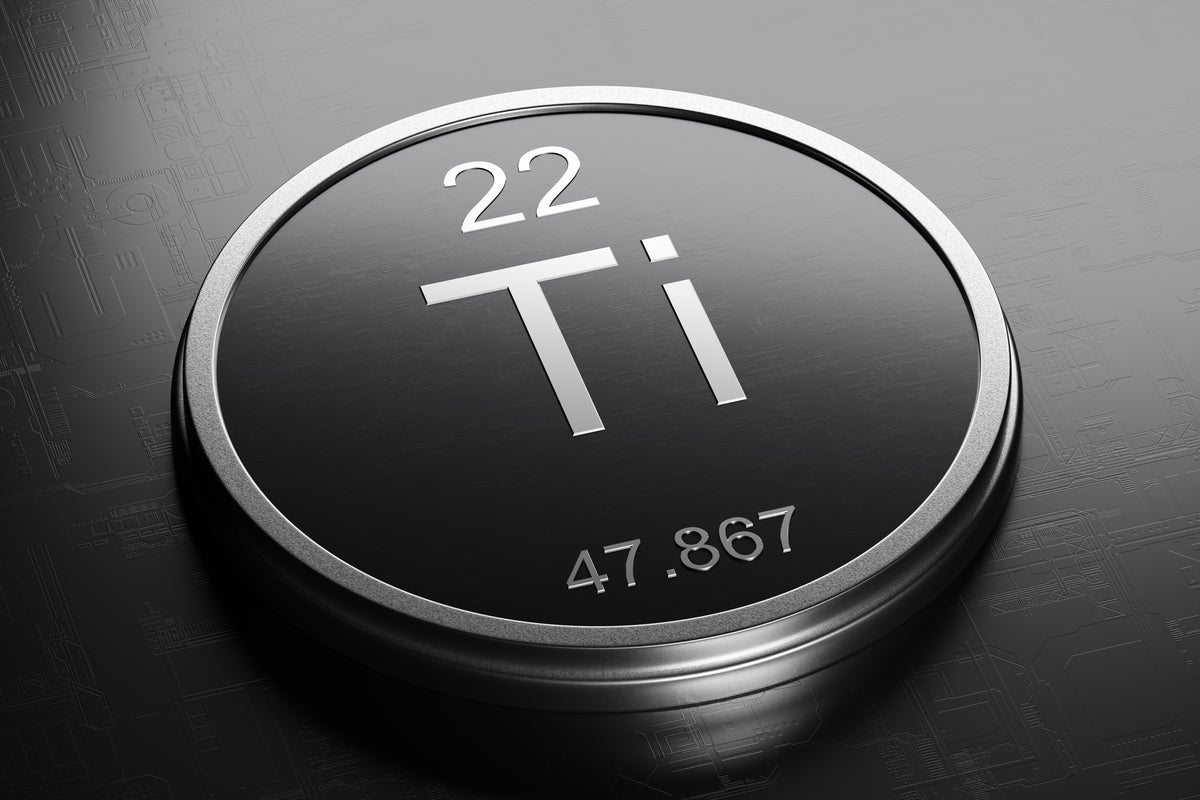The Strength and Versatility of Titanium in the Fastener Industry
Titanium fasteners combine remarkable strength, low weight, and outstanding corrosion resistance—making them ideal for industries where reliability matters most. From aerospace to automotive and marine applications, titanium remains one of the most sought-after materials for high-performance screws, bolts, and hardware.
If you're not especially scientifically inclined, titanium might sound like something from a kid’s television show. The strong titanium warrior!

However, look closer and you’ll find titanium is the element Ti-22 on the periodic table—known for its unique blend of high strength, light weight, and natural corrosion resistance. Engineers and builders prize titanium for applications where performance per gram truly counts.
Why Titanium Fasteners Matter
- High Strength-to-Weight Ratio: Comparable strength to steel at roughly 45% less weight.
- Corrosion Resistance: Naturally forms a protective oxide layer—excellent in marine and chemical environments.
- Temperature Stability: Maintains strength at temperatures where aluminum and most steels soften.
- Non-magnetic & Biocompatible: Safe for sensitive electronics and medical devices.
Common Uses of Titanium in Fasteners
Titanium is used in countless fastening applications where performance and longevity are key:
- Screws and bolts for aerospace and motorsports
- Nuts and washers in marine environments
- Tooling, bike components, and guitar hardware
- Architectural and medical assemblies
Titanium Grades Used in Fasteners
Not all titanium fasteners are the same—different grades offer distinct advantages:
- Grade 2 (Commercially Pure): Excellent corrosion resistance, moderate strength, and high formability. Ideal for general applications and marine use.
- Grade 5 (Ti-6Al-4V): The most common aerospace alloy; significantly stronger, with great fatigue and temperature resistance.
At Monster Bolts, we select each grade based on the intended performance and environment—ensuring optimal results in every project.
Titanium vs. Steel Fasteners
| Property | Titanium | Steel |
|---|---|---|
| Strength | Comparable to high-grade steel | Very strong, depends on alloy |
| Weight | ~45% lighter | Heavier |
| Corrosion Resistance | Outstanding | Moderate, often needs coating |
| Cost | Higher (premium applications) | Lower |
Frequently Asked Questions about Titanium Fasteners
What are the main advantages of titanium fasteners?
Titanium fasteners are lightweight, incredibly strong, and naturally corrosion resistant—ideal for harsh or high-performance applications.
Can titanium fasteners be used with other metals?
Yes. Titanium’s passive oxide film helps prevent galvanic corrosion, allowing safe use with many metals including aluminum and stainless steel.
What color is titanium?
Titanium in its natural state is a metallic silver-gray with a subtle sheen. The surface naturally forms a thin oxide layer that protects it from corrosion, giving it a slightly darker tone over time. When anodized, this oxide layer is intentionally thickened using electricity to create interference colors ranging from gold to purple, blue, and green.
Where are titanium fasteners most commonly used?
They’re found in aerospace, racing, marine, and medical equipment—anywhere weight reduction and corrosion resistance are critical.
Which titanium grades are most common?
Grade 2 (commercially pure) and Grade 5 (Ti-6Al-4V) are most common, balancing corrosion resistance, workability, and strength.
Shop Titanium Hardware: Explore our Titanium Fastener Collection for screws, bolts, nuts, and washers available in multiple sizes and grades. For color customization, visit our Anodized Titanium Color Chart.

